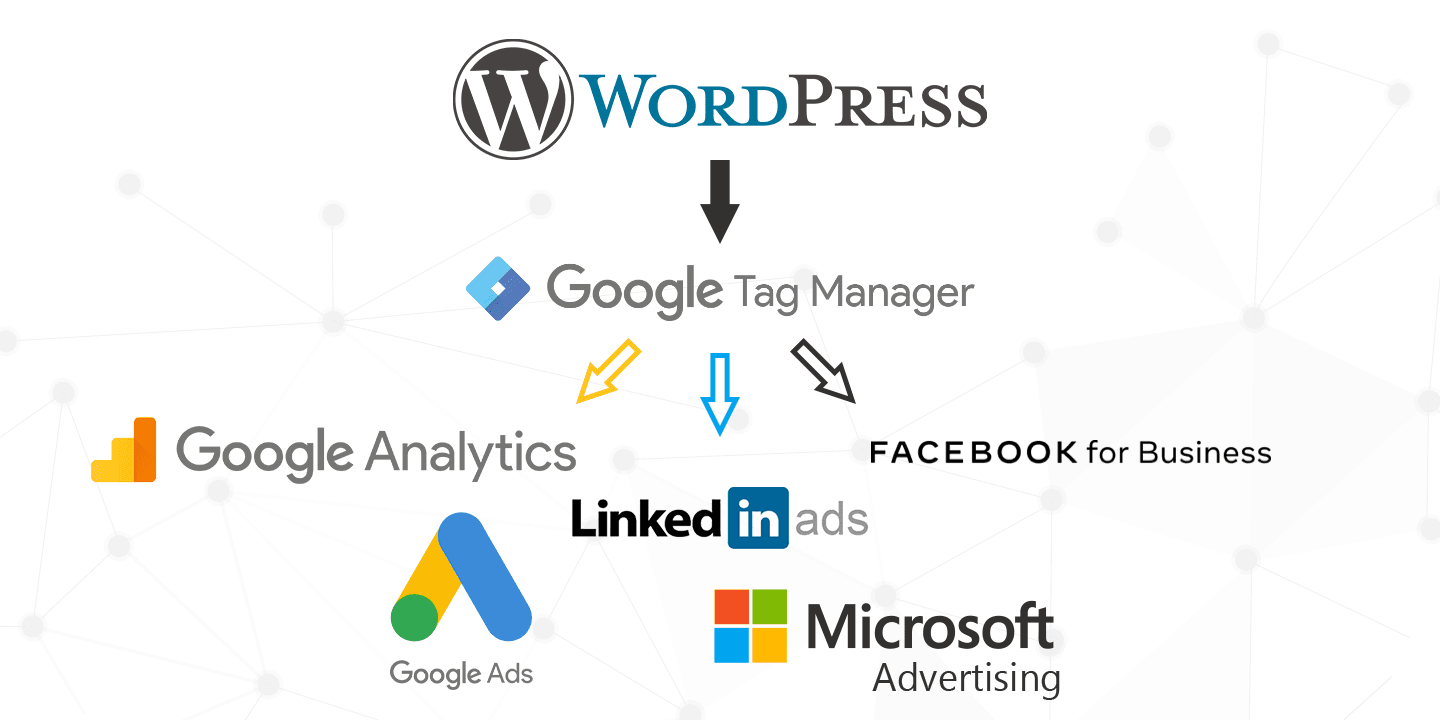When people feel in control of their data, they’re more likely to share it. And when they do, they expect something meaningful in return: relevant experiences, useful recommendations, and personalized messaging that respects their privacy.
This is the tension modern marketers are now navigating—how to earn trust while still driving growth.
The Shifting Landscape: Goodbye, Third-Party Cookies
AI-powered tools are multiplying marketing’s impact. Meanwhile, third-party cookies—a legacy holdover from the ’90s—are finally on their way out. Google’s Privacy Sandbox is accelerating that shift, promising more private alternatives to online tracking.
But privacy isn’t just a legal checkbox or technical change. It’s a brand value. It’s a user expectation. And it’s becoming a competitive advantage.
As a result, marketers are being asked to redefine what “modern marketing” means. The answer? Privacy shouldn’t block marketing—it should power it.
What It Takes: Trust, Transparency, and Technology
Leading organizations are already making bold moves. In partnership with Deloitte, Google spotlighted brands that are building marketing strategies rooted in privacy-first principles—including Unilever, Bank of America, and Mediahub.
Here’s what they’re doing differently:
✅ Shifting Organizational Mindsets
Privacy can’t live in a silo. These companies are fostering cultural change—from leadership to marketing teams—encouraging everyone to view privacy as an enabler of trust, not a limitation.
✅ Building First-Party Data Strategies
Consent is the new currency. That means creating seamless, ethical ways to collect and use data through direct user relationships—think newsletters, gated content, loyalty programs, and helpful tools.
✅ Leveraging AI for Performance and Integrity
With fewer data signals available, marketers are leaning on AI not just to scale campaigns, but to close performance gaps and identify areas of improvement—while maintaining data governance and transparency.
The Fundamentals Still Apply
One of the most grounded insights came from Unilever’s Luis Di Como:
“The fundamentals of marketing don’t change, even as digital advertising does.
Success will continue to mean reaching people, in the right context, with the right message, with quality creative.”
Trust isn’t about giving up personalization—it’s about doing it better, with permission and purpose. Privacy isn’t a blocker—it’s a strategy.
In a GRC-aware world, modern marketers have the opportunity to lead the charge—not just in growth, but in responsible growth.



